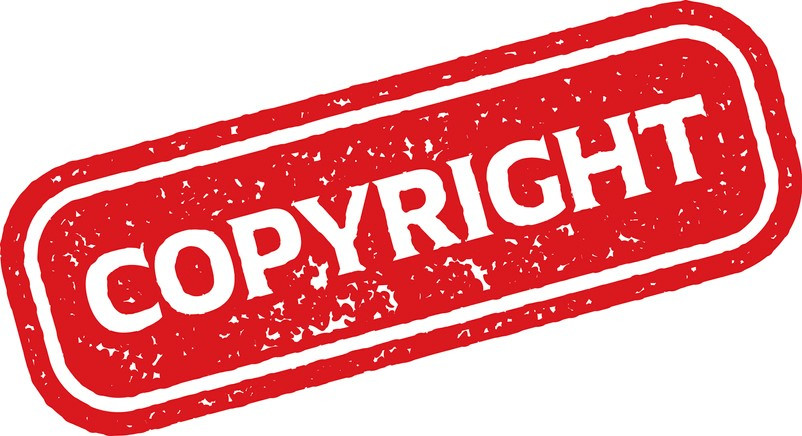Pirating of content by big corporations refers to the unauthorized use or reproduction of copyrighted material by large companies. This can include things like illegally downloading or distributing movies, music, videos, books, and phrases, software, or using someone else's intellectual property without permission. It is worth mentioning that whereas such actions are rampant in our day-to-day lives, they are illegal with dire ramifications to the parties involved, from the creators and owners of the original content, all through to the legitimate businesses that rely on the sales of that content, to the pirates. That being said, here are the top 10 reasons why big corporates have a habit of "stealing" content from content creators and other small institutions. They include:
Lack of ethics:
Unfortunately, some companies may simply not have a strong sense of ethics when it comes to using copyrighted material and may not see anything wrong with taking content from others without permission. This happens when the company's culture doesn't value ethical behavior or when the company's leadership doesn't prioritize ethical behavior.
Lack of understanding of the legal implications:
Many large corporations may not fully understand the legal implications of using copyrighted material without permission. They may believe that as long as they give credit to the original creator, it is acceptable to use their content. However, this is not the case and using copyrighted material without permission is illegal.
Insufficient internal processes for content curation and creation:
Some companies may not have adequate systems in place to properly vet and source original content, leading them to inadvertently use copyrighted material. This can happen when the company relies on external vendors or freelancers to provide content and doesn't have a robust process to verify the authenticity of the content provided.
Pressure to meet production deadlines:
To meet tight production schedules and deadlines, some companies may turn to using copyrighted material as a shortcut. This happens when the company is under pressure to launch a product or service on a specific date and doesn't have enough time to create original content.
Ignorant of impending consequences:
Some companies may feel that the likelihood of getting caught or facing consequences for using copyrighted material is low, leading them to take the risk. This happens when the company believes that the chances of getting caught are low or that the penalties for copyright infringement are not severe.
Profit motive:
In some cases, companies may see the opportunity to profit from using copyrighted material and may not be willing to invest the resources to create original content. This happens when the company wants to maximize its profits and doesn't see the value in creating original content.
Lack of resources to create original content:
Some companies may not have the resources to create original content in-house, leading them to turn to others’ work as a means of filling the gap. This can happen when a company is a small startup or doesn't have a dedicated team for content creation.
Competitive pressure:
To stay competitive in their industry, some companies may feel the need to use copyrighted material to keep up with the content being produced by their rivals. This happens when the company is facing intense competition and wants to stay ahead of the curve by using popular content.
Difficulty in locating the original creator:
In some cases, companies may be unable to locate the original creator of a piece of copyrighted material, leading them to use it without permission. This happens when the company is not able to find the original creator or the creator's contact information.
Believing the material is in the public domain:
Some companies may mistakenly believe that certain copyrighted material is in the public domain and thus free for them to use. This happens when the company is not aware of copyright laws or misunderstands the concept of public domain.
In conclusion, large corporations need to understand the legal and ethical implications of using copyrighted material without permission. They should have robust processes in place to ensure that they only use original and legally obtained content. Big corporates, regardless of how big and untouchable they are, need to understand the impact of their actions and the importance of respecting the rights of content creators regardless of how small they may be. 
Tags
#Learning